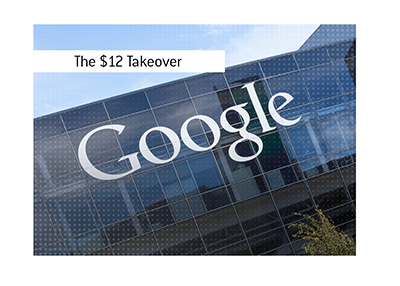Will Americans Ever Spend The Way They Used To Again?
 It should be painfully obvious to everyone by now that the US consumer is an integral part of the global economy.
It should be painfully obvious to everyone by now that the US consumer is an integral part of the global economy.The US consumer, up until 2008, was the oil in the engine of the global economy. As long as the average US consumer was spending money at a rapid rate, everything was good.
As soon as the US consumer started to tighten their pursestrings, the global economy seized up.
There were many reasons why the US consumer started to back away from making purchases on a large scale. Dropping net worths. Higher unemployment rates. Concerns about the future.
But, most of all, the US consumer was stung by the seizing up of the credit markets.
After all, the US consumer has been spending money hand-over-fist over the past few decades using borrowed money. When the real estate market was booming, they borrowed against the value of their homes to finance their extravagant purchases.
In addition to tapping the equity in their homes, US consumers also took advantage of easy credit elsewhere. Credit card companies were practically begging to people to take cards, and obtaining increases in credit limits wasn't a hard thing to do either. Many Americans ended up neck-deep in credit card debt.
But hey, as long as there was still access to easy credit, Americans could continue to flex their incredible buying power and continue to ignite the global economy. The purchase of cars, new homes, television sets and other goods all helped to inflate the global economy. Oil and commodity prices soared due to an insatiable US consumer.
Then, in a blink of an eye, the global economy collapsed. Credit was much harder to come by. Jobs were lost.
Many American families suddenly found themselves becoming *gasp* frugal. They postponed new car purchases. They elected to remain in their current homes instead of buying a new one. They held off of buying that new plasma TV that they had their hearts set on until the recession came to an end.
A spendthrift (at least compared to a few years ago) US consumer is pretty much the worst thing possible for many countries throughout the world. Eastern European countries were pushed to the brink of insolvency due to a collapse in commodity prices. Russia, buoyed by the surge in commodity prices, suddenly found themselves in a precarious economic situation. Japan, an export-driven economy if there ever was one, was sent reeling by a large drop-off in exports to the United States.
Prior to the global economic meltdown, many countries looked down their noses at the US consumer. How could they be so irresponsible with their money?
Instead, these countries were beholden to the US consumer, and their fortunes began to plummet as soon as the US consumer started to tighten their pursestrings. In the end, all of that easy credit that was available directed benefited countries such as Russia, Japan and China.
Some of these countries, who once crowed about the decline in American fortunes at the beginning of the meltdown, were now desperately hoping that the Fed would be able to re-ignite the US economy and global credit markets so that the US consumer would begin to flex their considerable buying power once again.
Most of the moves that are currently being undertaken by the US government are intended to re-inflate the US consumer. Forget about becoming a nation of savers, the government is saying through their actions - start spending again. Whether or not this is a healthy approach is another question altogether. It seems as though the entire world is hoping that credit will start flowing once again so that the US consumer can resume buying cars, electronics and other goods in large quantities once again.
So far this hasn't happened, as Americans continue to fret about their jobs and plummeting net worths.
The $64,000 question at this time is - will the American consumer ever return to their free-spending ways, or are those days over for good?
Filed under: General Knowledge



